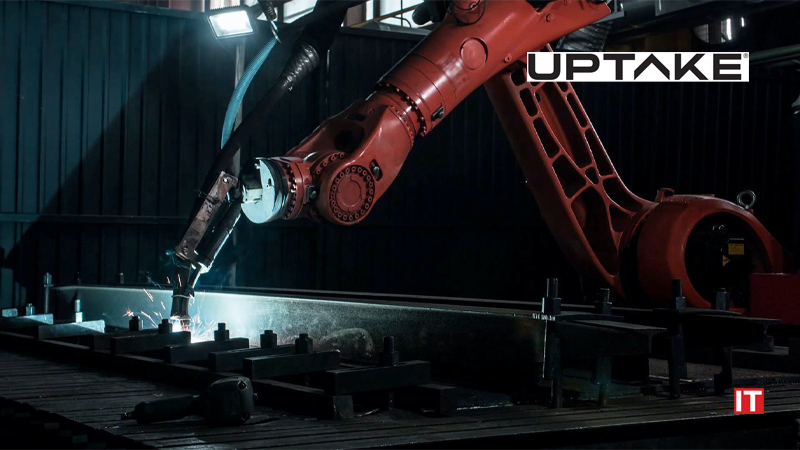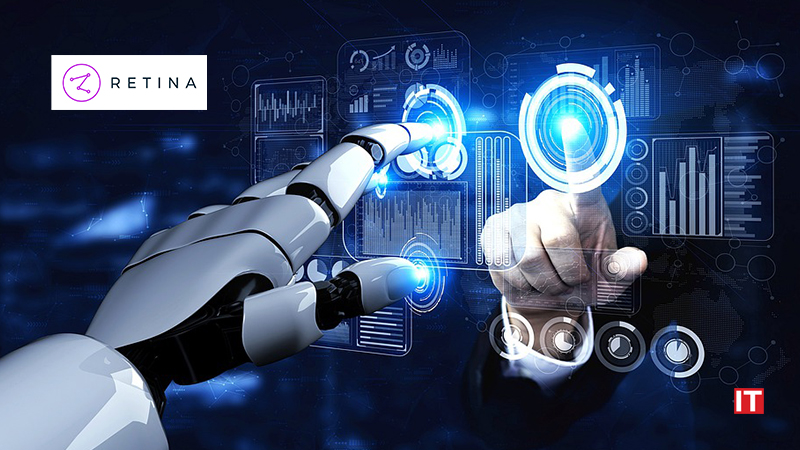Databricks, the lakehouse company, announced the Databricks Lakehouse for Manufacturing, the first open, enterprise-scale lakehouse platform tailored to manufacturers that unifies data and AI and delivers record-breaking performance for any analytics use case. The sheer volume of tools, systems and architectures required to run a modern manufacturing environment makes secure data sharing and collaboration a challenge at scale, with over 70 percent of data projects stalling at the proof of concept (PoC) stage. Available today, Databricks’ Lakehouse for Manufacturing breaks down these silos and is uniquely designed for manufacturers to access all of their data and make decisions in real-time. Databricks’ Lakehouse for Manufacturing has been adopted by industry-leading organizations like DuPont, Honeywell, Rolls-Royce, Shell and Tata Steel.
Databricks’ newest industry-specific lakehouse goes beyond the limitations of traditional data warehouses by offering integrated AI capabilities and pre-built solutions that accelerate time to value for manufacturers and their partners. These include powerful solutions for predictive maintenance, digital twins, supply chain optimization, demand forecasting, real-time IoT analytics and more. A robust partner ecosystem and custom, partner-built Brickbuilder Solutions offer customers even greater choice in delivering real-time insights and impact across the entire value chain, and at a lower total cost of ownership (TCO) than complex legacy technologie.
Also Read: Virtual Internet announces Distribution of the New Virtual 5G
“We employed Databricks to optimize inventory planning using data and analytics, positioning parts where they need to be based on the insight we gain from our connected engines in real time and usage patterns we see in our service network,” said Stuart Hughes, Chief Information and Digital Officer at Rolls-Royce Civil Aerospace. “This has helped us minimize risks to engine availability, reduce lead times for spare parts and drive more efficiency in stock turns – all of this enables us to deliver TotalCare, the aviation industry’s leading Power-by-the-Hour (PHB) maintenance program.”
With Databricks, organizations can unlock the value of their existing investments and achieve AI at scale by unifying all of their data – regardless of type, source, frequency or workload – on a single platform. The Lakehouse for Manufacturing has robust data governance and sharing built-in, and enables organizations to deliver real-time insights for agile manufacturing and logistics, across their entire ecosystem.
Powerful industry solutions tailored for the lakehouse
The Lakehouse for Manufacturing includes access to packaged use case accelerators that are designed to jumpstart the analytics process and offer a blueprint to help organizations tackle critical, high-value industry challenges. Popular data solutions for Databricks’ Lakehouse for Manufacturing customers include:
- Digital Twins: Created from data derived from sensors, digital twins enable engineers to monitor and model systems in real-time. With digital twins, manufacturers can process real-world data in real-time and deliver insights to multiple downstream applications, including process optimization modeling, risk assessments, condition monitoring, and optimized design.
- Predictive Maintenance: By leveraging predictive maintenance, manufacturers can ingest real-time industrial Internet of Things (IIoT) data from field devices and perform complex time-series processing to maximize uptime and minimize maintenance costs.
- Part-Level Forecasting: To avoid inventory stockouts, shorten lead times and maximize sales, manufacturers can perform demand forecasting at the part level rather than the aggregate level.
- Overall Equipment Effectiveness: By incrementally ingesting and processing data from sensor/IoT devices in a variety of formats, organizations can provide a consistent approach to KPI reporting across a global manufacturing network.
- Computer Vision: The development and implementation of computer vision applications enabled manufacturers to automate critical manufacturing processes, improving quality, reducing waste and rework costs, and optimizing flow.
“Shell has been undergoing a digital transformation as part of our ambition to deliver more and cleaner energy solutions. Databricks’ Lakehouse is central to the Shell.ai Platform and the ability to execute rapid queries on massive datasets,” said Dan Jeavons, VP Computational Science and Digital Innovation at Shell. “With the help of Databricks, Shell is better able to use its full historic data set to run 10,000+ inventory simulations across all its parts and facilities. Shell’s inventory prediction models now run in a few hours rather than days, significantly improving stocking practices and driving significant savings annually.”
SOURCE: PR Newswire


































